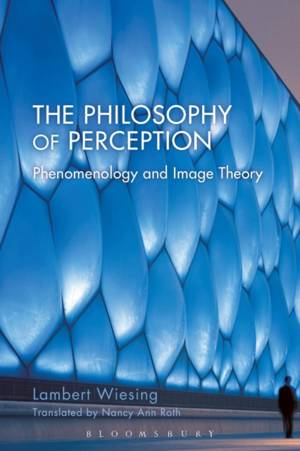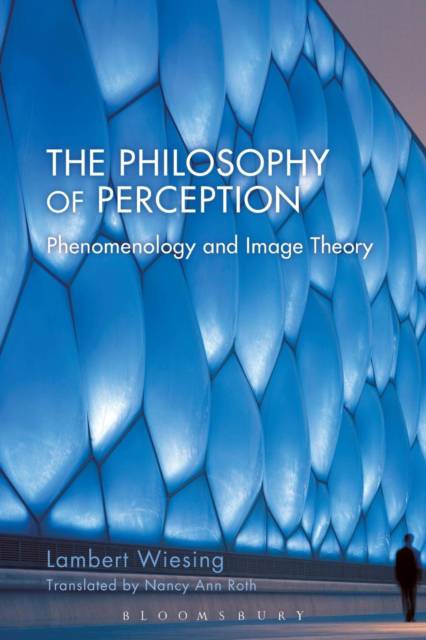
- Afhalen na 1 uur in een winkel met voorraad
- Gratis thuislevering in België vanaf € 30
- Ruim aanbod met 7 miljoen producten
- Afhalen na 1 uur in een winkel met voorraad
- Gratis thuislevering in België vanaf € 30
- Ruim aanbod met 7 miljoen producten
Omschrijving
Lambert Wiesing's The Philosophy of Perception challenges current theories of perception. Instead of attempting to understand how a subject perceives the world, Wiesing starts by taking perception to be real. He then asks what this reality means for a subject. In his original approach, the question of how human perception is possible is displaced by questions about what perception obliges us to be and do. He argues that perception requires us to be embodied, to be visible, and to continually participate in the public and physical world we perceive. Only in looking at images, he proposes, can we achieve something like a break in participation, a temporary respite from this, one of perception's relentless demands.
Wiesing's methods chart a markedly new path in contemporary perception theory. In addition to identifying common ground among diverse philosophical positions, he identifies how his own, phenomenological approach differs from those of many other philosophers, past and present. As part of the argument, he provides a succinct but comprehensive survey of the philosophy of images His original critical exposition presents scholars of phenomenology, perception and aesthetics with a new, important understanding of the old phenomenon, the human being in the world.Specificaties
Betrokkenen
- Auteur(s):
- Vertaler(s):
- Uitgeverij:
Inhoud
- Aantal bladzijden:
- 176
- Taal:
- Engels
Eigenschappen
- Productcode (EAN):
- 9781474275323
- Verschijningsdatum:
- 21/04/2016
- Uitvoering:
- Paperback
- Formaat:
- Trade paperback (VS)
- Afmetingen:
- 156 mm x 234 mm
- Gewicht:
- 258 g

Alleen bij Standaard Boekhandel
Beoordelingen
We publiceren alleen reviews die voldoen aan de voorwaarden voor reviews. Bekijk onze voorwaarden voor reviews.








